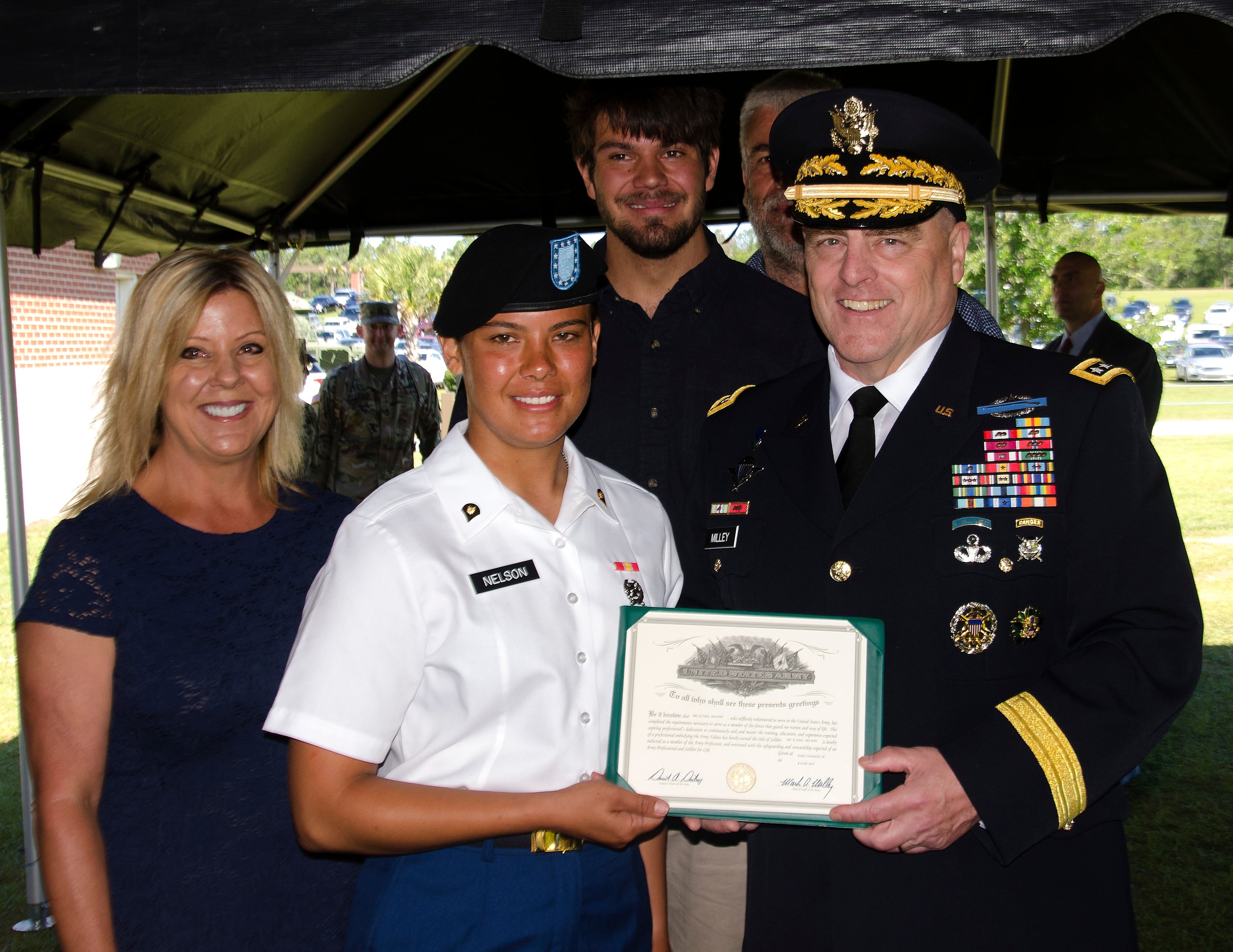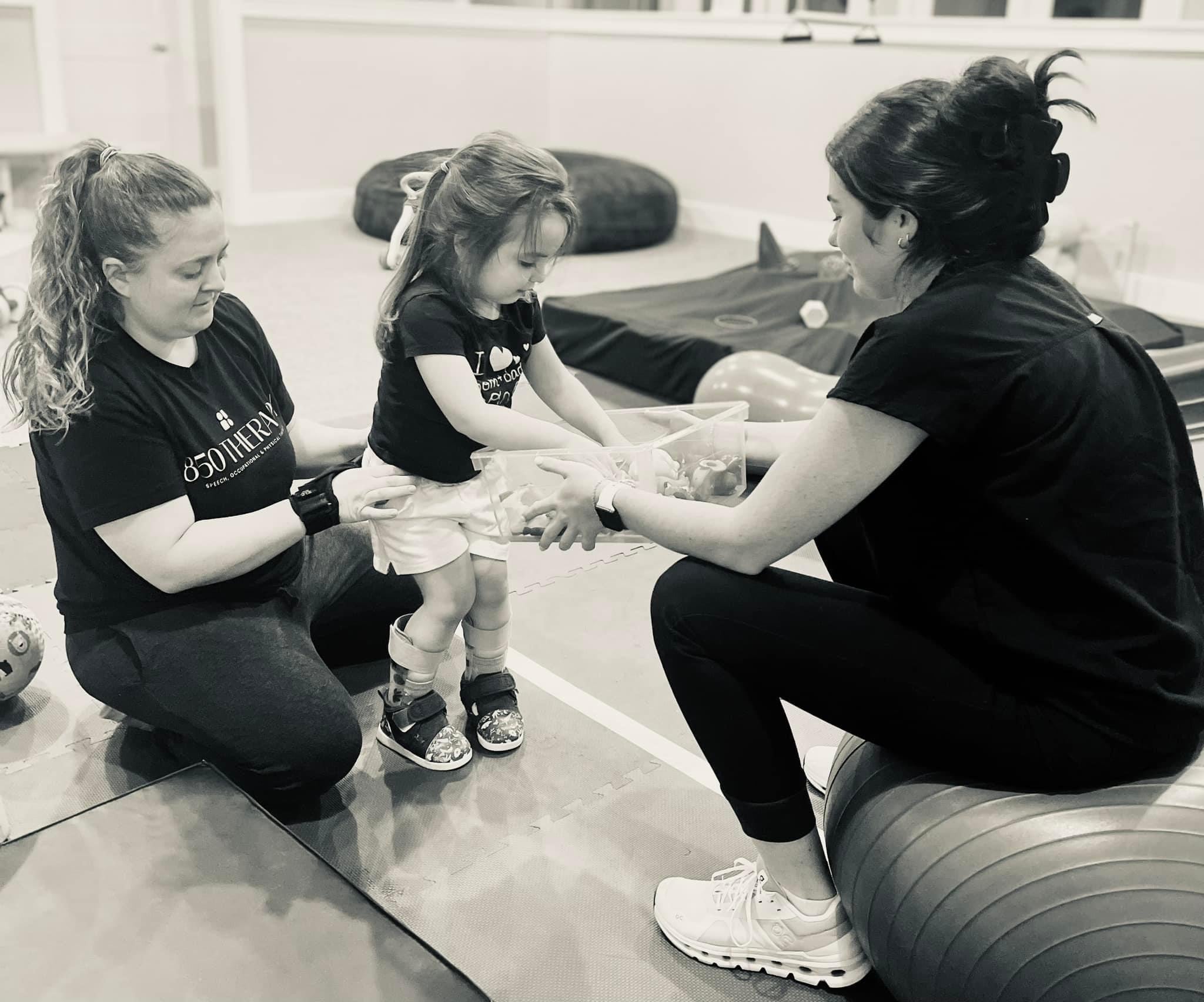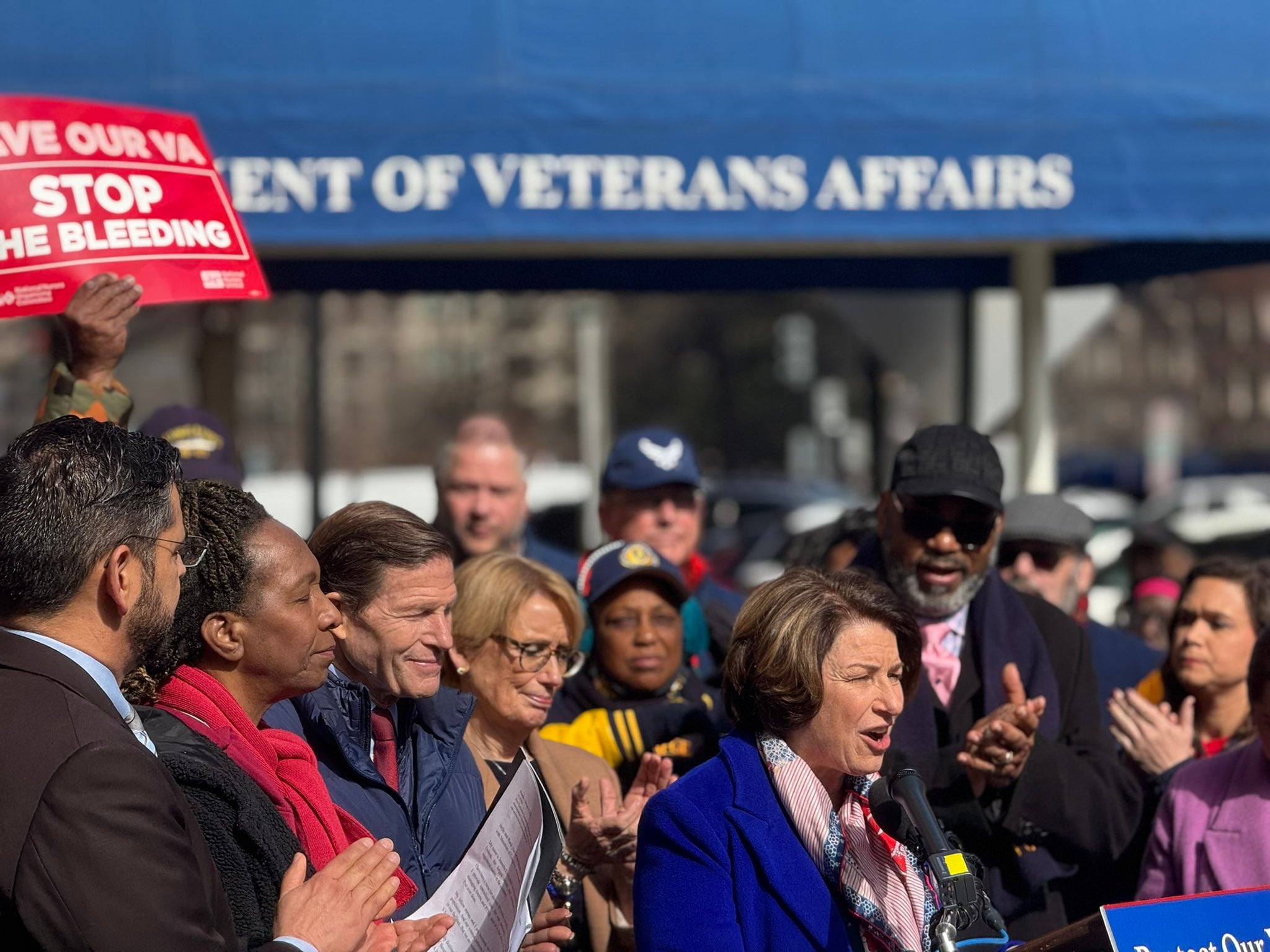There are many bits of flair and memorabilia soldiers can collect and earn throughout their careers.
But the Army has been looking for a way to mark the day they earn the right to call themselves a soldier and are welcomed into a lifelong family.
The result: the "Soldier's Certificate."
The Soldier for Life program, which aims to support troops throughout their careers and during their transition back into civilian life and beyond, created the Soldier's Certificate to commemorate the moment a recruit graduates from basic training. It also is meant to serve as a memento.
"As we earn this title, it's not just something that's given to anyone," Maj. George Coleman, director of education and training for the Soldier for Life program told Army Times in an interview. "Identifying yourself as a soldier for life throughout your entire military career, whether that's going to be four years or 30 years, you've earned that title that no one can take away, and you'll remain with that title long after you've left military service."
On Thursday, Army Chief of Staff Gen. Mark Milley handed out the first Soldier's Certificates to basic training graduates at Fort Jackson, South Carolina. In the interest of time, only the honor graduates received their certificates from Milley, but all basic training graduates will receive the certificate.
"You start by earning that title of soldier and getting that certificate at the end of basic training," Lt. Col. Christopher Garrett, the chief of initial entry training at Training and Doctrine Command's Center for Initial Military Training, told Army Times. "The final phase is you reintegrate back into civil society, and you are working, and you’re going to be that best spokesman for us."

Army Chief of Staff Gen. Mark Milley, right, on June 8 presented Soldier's Certificates to Spc. Ilyssa Nelson and the other basic training honor graduates from 3rd Battalion, 34th Infantry Regiment. The new soldiers were among the first to receive this newly created certificate.
Photo Credit: Wallace McBride/Army
The idea for the certificate came from a summit early last year, when then-Army Under Secretary Patrick Murphy charged senior leaders with finding a way to amp up the Soldier for Life program. The program, which falls under the Army G-1, has focused a lot on transitioning out of the Army and less on the early stages of Army life.
"How can we highlight these activities — really get after the mindset that you earned this, and you will continue to be a soldier through your military career and once you’ve left the service?" Coleman said.
A handful of TRADOC working groups later, the certificate was born.
It's not a participation trophy, as it were, officials said, because of its significance and time of issuance.
"The Soldier for Life concept isn't new, of course, and we don't expect a piece of paper to drastically impact the culture of our Army," Sergeant Major of the Army Dan Dailey told Army Times. "Soldier for Life, however, is an important endeavor that will be around for a long time to help ensure our soldiers transition with all of the tools and confidence they need to become contributing members of society. The Soldier's Certificate is just another way we're reinforcing that."
Basic trainees earn the Army patch for their uniforms in the first phase of training, then the beret — one of the Army's most treasured symbols — in the final phase. Then there's the Army Service Ribbon, handed out when new soldiers complete their professional training.
But until now, there hasn't been a symbol awarded for basic training graduation, the day recruits officially become soldiers.
"The Soldier's Certificate may seem redundant, but again, this is about reinforcing a culture change," Dailey said. "The ribbon and headgear certainly symbolize soldiers' accomplishments for completing the different phases of their initial training, but the certificate and the accompanying ceremony are more focused on welcoming the new recruits into a community of soldiers for which they are lifetime members."
It's also not a certificate of participation, officials said, because it's only given to those who finish basic.
"This is not that participation medal you get after the marathon because you paid your $65," Coleman said. "You had to make it to the finish line and earn this is. It‘s not something that’s given out."
Meghann Myers is the Pentagon bureau chief at Military Times. She covers operations, policy, personnel, leadership and other issues affecting service members.





